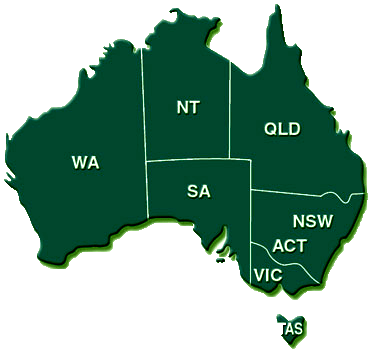Veterans who believe their severe physical and mental health conditions were caused by anti-malaria medications given to them by the Army are hoping a senate inquiry will find enough evidence to back their claims.
Almost 20 years ago more than 3,000 troops were given the experimental drug tafenoquine, or the registered medication mefloquine, while on deployments in Timor-Leste and Bougainville.
The Department of Veterans’ Affairs (DVA) told 7.30 it has received anti-malarial-related claims from 42 veterans.
Mefloquine, which is also known by the brand name Lariam, has been shown to cause neuropsychiatric side effects and has been linked to two veteran suicides.
The Australian Defence Force (ADF) and DVA recognises mefloquine can cause 14 conditions including depression, seizure, anxiety, schizophrenia and suicide.
Far fewer effects of tafenoquine are officially recognised.
In May, then-vice chief of the ADF, Ray Griggs, told a senate inquiry “its side-effects profile is much, much better than that of mefloquine”.
“There is no evidence that we know of that links it to neuropsychiatric conditions.”
‘It makes you feel real depressed’
 Speaking publicly for the first time, Army veteran Michael Bush told 7.30 about the severe impact he believes tafenoquine has had on his life after taking it in Timor-Leste.
Speaking publicly for the first time, Army veteran Michael Bush told 7.30 about the severe impact he believes tafenoquine has had on his life after taking it in Timor-Leste.
The 40-year-old is unable to work after being diagnosed with chronic post-traumatic stress disorder, a form of schizophrenia and chronic gastrointestinal issues.
“For what they’ve done to my health … you can never buy that back, it’s destroyed my life,” he said.
‘Help is available’
The Department of Defence declined 7.30’s interview request but said in a statement it was participating in the Senate inquiry and it would be inappropriate to comment while it was underway.
“It is important that public commentary on the issue is well-informed and reflects evidence-based research,” the statement said.
“This approach avoids misleading or adding to the anxiety of a broad group of people, including current and former serving ADF personnel and the general public who have used antimalarial treatments.
“These concerns have meant Defence has been careful and thorough in its response to claims made by individuals, so as to ensure outreach activities are underpinned by a sound public health approach.
“Most importantly, help is available to any current or former serving member or their family if they need support.”
DVA said it conducted a pilot outreach program for veterans in Townsville in 2016 and is considering further outreach activities.
RELATED STORY: ADF clears itself of wrongdoing over drug controversy
RELATED STORY: Defence force admits soldier shouldn’t have been included in anti-malaria drug trial


